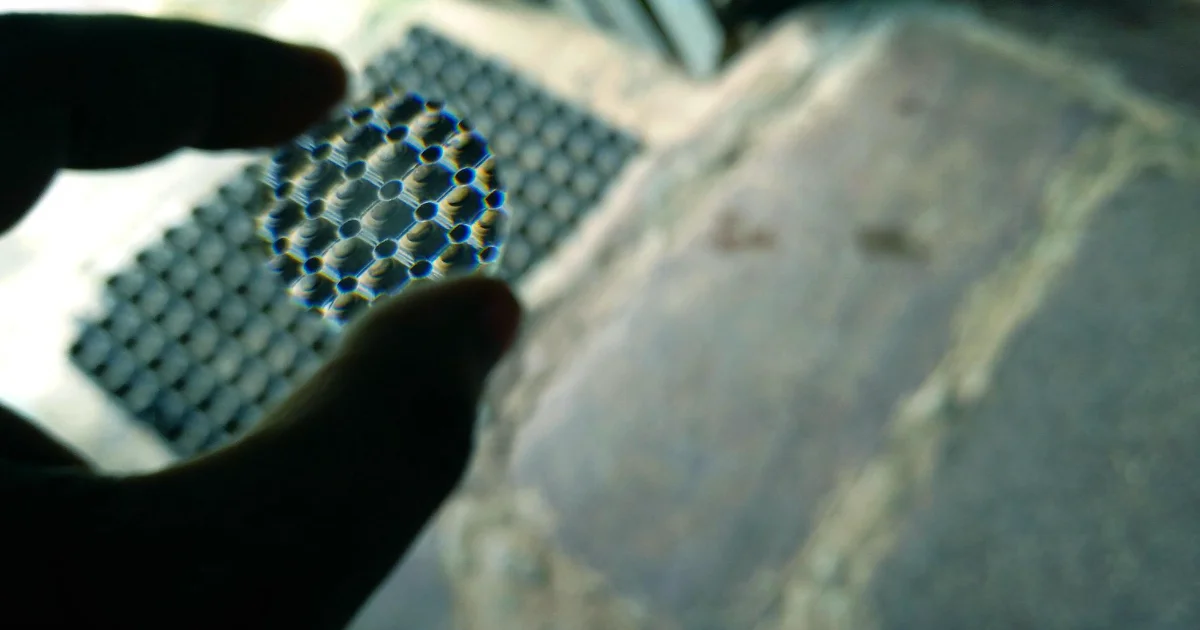Inspector

Inspectors should be great at:
- Estimating sizes, distances, and quantities; or determining time, costs, resources, or materials needed to perform a work activity.
- Observing, receiving, and otherwise obtaining information from all relevant sources.
- Identifying information by categorizing, estimating, recognizing differences or similarities, and detecting changes in circumstances or events.
- Inspecting equipment, structures, or materials to identify the cause of errors or other problems or defects.
Analyzer

Analyzers will often perform the following tasks:
- Identifying the underlying principles, reasons, or facts of information by breaking down information or data into separate parts.
- Using relevant information and individual judgment to determine whether events or processes comply with laws, regulations, or standards.
- Assessing the value, importance, or quality of things or people.
- Compiling, coding, categorizing, calculating, tabulating, auditing, or verifying information or data.
Other work activities related to Materials scientists
- Performing experiments and computer modeling for studying the nature, structure, and physical and chemical properties of metals and their alloys, and their responses to applied forces.
- Preparing reports, manuscripts, proposals, and technical manuals for using by other scientists and requestors, such as sponsors and customers.
- Supervising and monitoring production processes for ensuring efficient using of equipment, timely changes to specifications, and project completion within time frame and budget.
- Conferring with customers for determining how to tailor materials to their needs.
- Determining ways to strengthen or combining materials or developing new materials with new or specific properties for using in a variety of products and applications.
- Recommending materials for reliable performance in various environments.
- Testing individual parts and products for ensuring that manufacturer and governmental quality and safety standards are met.







